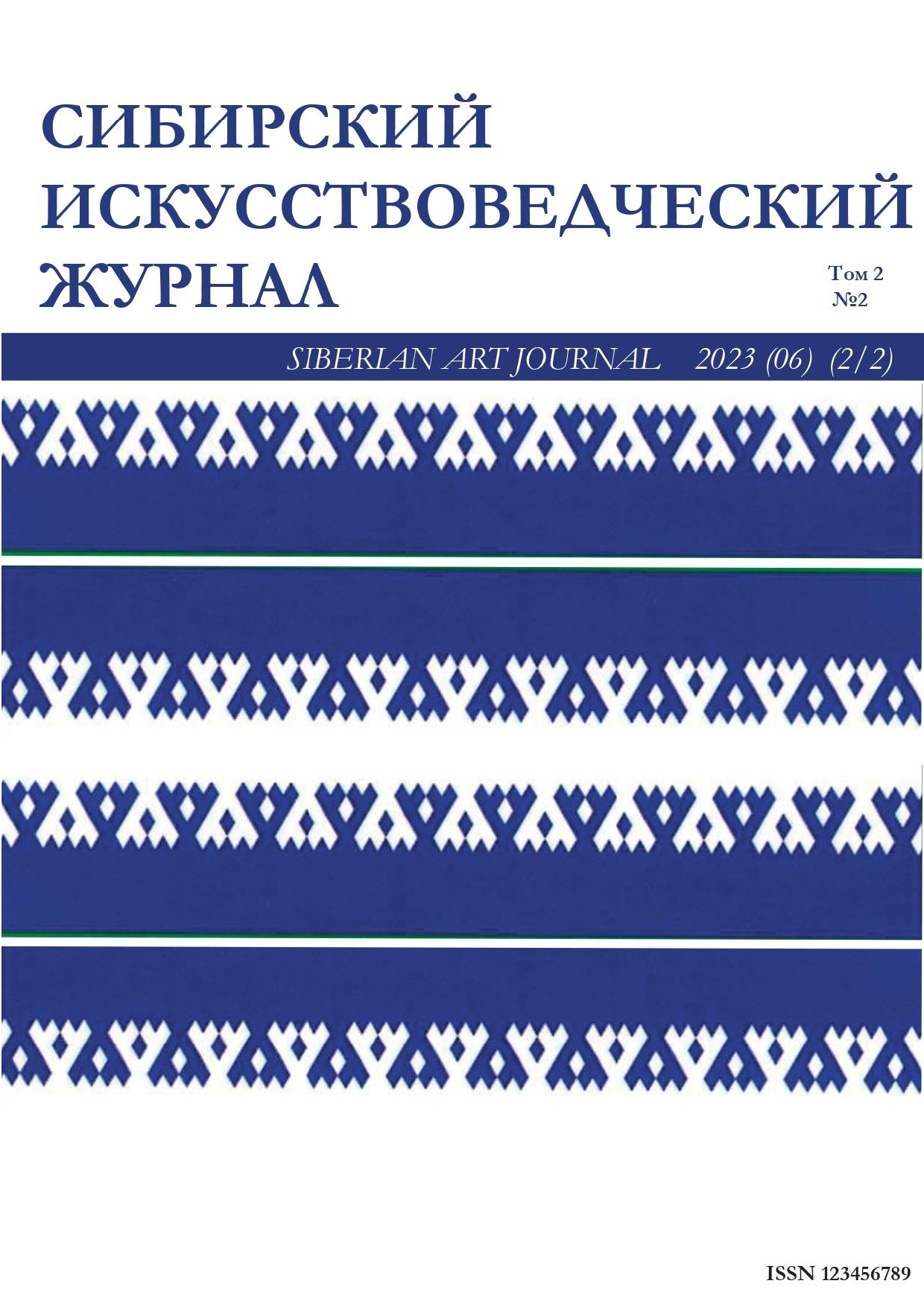Social photography plays an important role in the study of the social problems of man and society, especially in the context of the rapid growth of visual images and their impact on social life. Social photography can be used to reflect the state of a social problem, its relevance and public opinion. One of the characteristic features of social photography is its ability to reflect the spirit of the era. This article examines Dorothea Lang's photograph "Migrant Mother" in the historical and sociological context of the Great Depression era in the United States of America, where Lang captured the difficulties faced by migrant families. Analyzing the symbolic content and meaning, visual composition and emotional impact of Lang's photographs, the article tells how this image serves as a visual document of the social reality of that time. In addition, the aesthetic perception, psychological associations and the influence of Dorothea Lang's photography on the formation of public opinion and consciousness are explored, with the aim of influencing a change in the situation. Through an interdisciplinary approach, the article reflects the significant role of Lang's photographs in conveying the humanitarian side of social and economic crises and their consequences.
social photography, Dorothea Lange Migrant-Mother, Great Depression, social art
1. Yurgenyeva, A. L., (2020). Contemporary Social Photoprojects in Media Space: Aesthetics and Meanings. Art Culture, (1), 331-368.
2. Lange, D. (1982). Photographs of a Lifetime. New-York : Aperture, 1982, 124.





